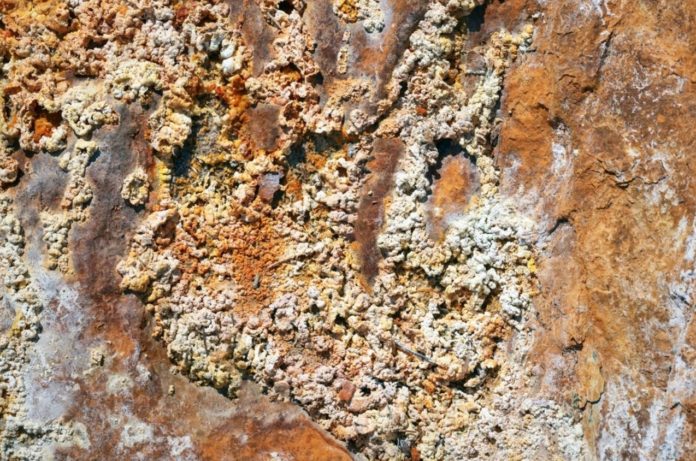The hunt for life beyond our planet is a fascinating endeavor that could lead to a major breakthrough in the not-too-distant future, but it also increases the potential of biological contamination in both directions.
In new research, scientists suggest that the increased need for space travel is increasing the odds of alien creatures conquering Earth and Earth-based organisms infecting other worlds.
According to the paper, published in the journal BioScience, the researchers point to humanity’s history of moving species to new environments on Earth, where those organisms can become invasive and harm native species; they say this response shows the same could actually occur with alien life from another planet contaminating Earth and vice versa.
In an email to Live Science, lead author Anthony Ricciardi, a professor of invasion biology at McGill University in Montreal, said:
“The search of life beyond our world is an exciting endeavour that could yield an enormous discovery in the not-too-distant future.”
“However, in the face of increasing space missions (including those intended to return samples to Earth), it is crucial to reduce the risks of biological contamination in both directions.”
The study is being used by Ricciardi and his colleagues to argue for further collaboration between astrobiologists looking for alien life and invasion biologists studying invasive species on Earth.
“We can only speculate on what kinds of organisms might be encountered if astrobiologists were to find life,” said the author. “The most plausible life-forms would be microbial and probably resemble bacteria.”
The risk of interplanetary contamination is considered extremely low by scientists, partially due to the harsh temperatures of outer space, which make it difficult for prospective hitchhiking organisms to survive a journey on the outside of a human spacecraft. However, based on the detrimental effects that invading species have had on Earth, we should still be wary of interplanetary contamination, according to Ricciardi.
Humans have harmed ecosystems all around the world by permitting species to invade new settings that they would never have found on their own. For example, Austropuccinia psidii, a fungus native to South America, was imported to Australia under mysterious circumstances and is now wreaking havoc on the country’s native eucalyptus trees, slowing their development and sometimes killing them.
Insular ecosystems that emerge in geographical isolation, such as those on islands and in countries like Australia, are more vulnerable to invading species, according to the researchers, because the native wildlife in those areas hasn’t evolved mechanisms to deal with intruders.
“Biological invasions have often been devastating for the plants and animals in these systems,” Ricciardi added. “We argue that planets and moons potentially containing life should be treated as if they were insular systems.”
The researchers used the Israeli Beresheet spacecraft, which crashed into the moon in 2019 while carrying thousands of tardigrades, microscopic critters that can withstand harsh circumstances, including space vacuum, as evidence of interplanetary contamination. The animals would not have survived the impact of the lunar fall, according to a research published in the journal Astrobiology in 2021, but the occurrence highlights the possibility for biological spills.
According to Ricciardi, space agencies such as NASA have been aware of the possible concerns of biological contamination for many years, and planetary protection measures have been in place since the 1960s.
“However, unprecedented risks are posed by a new era of space exploration aimed at targeting areas most likely to contain life,” said the expert.
According to the report, this includes the growth of commercial space exploration businesses like SpaceX, which are making space more accessible. With the SpaceX Starship program, for example, SpaceX hopes to travel to Mars and beyond.
According to the researchers, biosecurity measures related with space travel should be strengthened, with a focus on early detection of potential biological pollutants and the development of strategies for a swift response in the event of such detections.
Planets and moons have always transferred material through meteorites, but human space exploration could speed up the process, according to Jennifer Wadsworth, an astrobiologist at Lucerne University of Applied Sciences and Arts in Switzerland who was not involved in the study.
According to Wadsworth, the new report provides a “excellent overview” of the existing and ongoing need for strong and up-to-date planetary protection rules. Wadsworth told Live Science that one big issue is that present planetary preservation measures are not mandatory.
“The line between exploration and conservation is a thin one,” Wadsworth said.
“One shouldn’t be abandoned at the cost of the other, but both require careful consideration and, most importantly, compliance.”
Image Credit: Getty
You were reading: The risk of invasive alien species is low, but we’re increasing it
